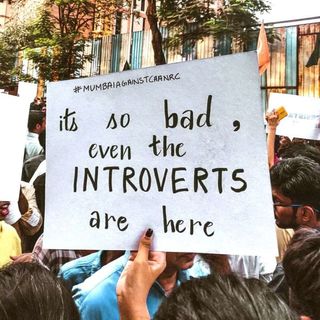We know there’s a long way to go till we’re an egalitarian society, but how far is the goal really? If the latest survey conducted by the Reserve Bank of India (RBI) on the Indian startup sector is anything to go by, we’ve barely made progress.
Only 5.9% of all startups had “only female” founders; in comparison, 55.5% of all startups had “only male” founders, showed the survey conducted by the central bank between November 2018 and April 2019 which garnered 1,246 responses from startups.
Graph source: RBI
India also ranked 52 (of 58) in the Mastercard Index of Women Entrepreneurs (MIWE) 2019 released recently, according to which out of 100 Indian business owners, only seven are women. Conditions for female entrepreneurship continue to remain less than ideal in the country, with cultural and social biases against women working (or starting their own business or working in tech fields) making their marginalization in the startup space even starker.
The cultural bias against women in business also means they have less access to financial privileges and the diminished ability to seek funding. According to the RBI survey, friends and family were the largest source of funding for startups contributing up to 42.9%, compared to other sources of funding such as angel investors, incubator funding, and venture capital firms among others.
Related on The Swaddle:
Women CEOs Judged More Harshly for Ethics Violations Than Male Peers, Study Finds
When seen with another statistic — according to the MIWE, only 5.7% of Indian women entrepreneurs were inclined to borrow money for business purposes — it’s clear how women end up having the short end of the startup stick. The MIWE analyses this obstacle in its report: “Apart from the lack of government programs to support business startups, [Indian] women tend to have poor financial backing that prevents them from owning credit cards or having a bank account – conditions [restrict] them from engaging in large scale businesses or entrepreneurial activities that require large funding,”
So, to be able to succeed as entrepreneurs in India, women have to overcome a laundry list of obstacles: their financial disadvantage; infrastructural shortcomings; lack of effective government support programs; fewer opportunities for higher-level education; and the cultural bias that they can work in STEM fields, own businesses, and be out and about as thinking, productive, capable members of society.
Or, females don’t have to do anything — and society has to change to allow for a more diverse startup industry with the potential to solve as many problems modern life conjures as the perspectives that exist within it.





